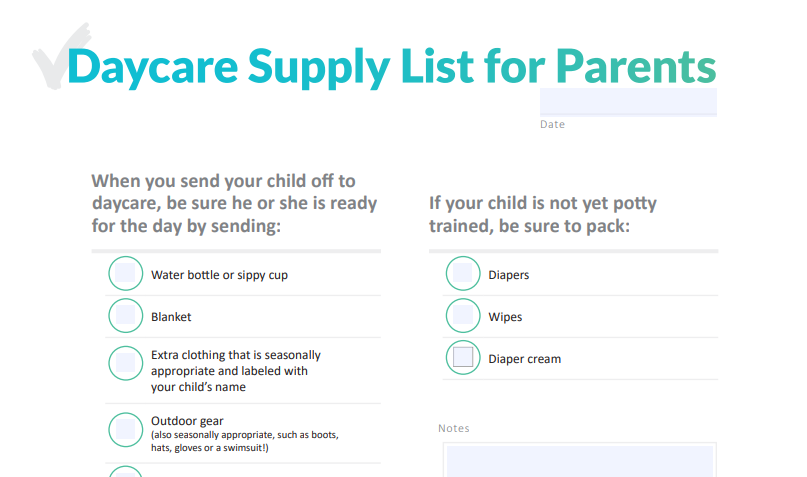What Does Explore Daycares Locations Mean?
Juliane
0
1
09.09 21:43
 Introduction
IntroductionIn today's fast-paced world, the traditional 9-5 time-table no more meets the requirements of numerous people. With an increase of moms and dads working irregular hours, shift work, or over night shifts, the interest in 24-hour daycare services happens to be rising. This short article explore the theoretical implications of 24-hour daycare, discussing the possibility benefits and difficulties of offering around-the-clock look after kids.
The many benefits of 24-Hour Daycare
Among primary great things about 24-hour daycare is increased flexibility for working moms and dads. With the substitute for drop-off and pick-up kids whenever you want associated with time or night, moms and dads can better stabilize their work and household obligations. This versatility is especially very theraputic for moms and dads which work non-traditional hours or over night changes, because it enables all of them to find childcare that aligns with their working arrangements.
Also, 24-hour daycare can really help support parents that following degree or instruction programs that require all of them to go to classes or work during non-traditional hours. Daycares By Category giving childcare services after all hours, moms and dads can pursue their particular academic objectives without having to bother about finding look after their children during course or research time.
Another benefit of 24-hour daycare is the prospect of increased socialization and discovering possibilities for children. When you're in a daycare setting for extended amounts of time, young ones have significantly more possibilities to interact with their particular peers, participate in structured tasks, and learn from qualified caregivers. This extended time in daycare can really help kids develop social skills, develop connections, and enhance their cognitive and psychological development.
Furthermore, 24-hour daycare can provide a secure and safe environment for the kids during times when parents may possibly not be accessible to take care of them. For moms and dads who work over night shifts or have volatile schedules, understanding that their children have been in a secure and nurturing environment provides reassurance and relieve a number of the stress connected with managing work and parenting duties.
The difficulties of 24-Hour Daycare
While there are lots of possible benefits to 24-hour daycare, additionally a number of difficulties that must be considered. Among major difficulties is the prospective impact on kids' sleep schedules and total well-being. Studies have shown that disrupted rest patterns may have side effects on children's cognitive development, behavior, and health. Providing childcare services after all hours may make it difficult for kids to determine constant rest routines, which may have long-term implications for his or her wellbeing.
In addition, keeping top-notch care and supervision during over night hours could be challenging. Caregivers whom work instantly shifts may experience exhaustion and decreased attentiveness, which may impact their capability to produce similar level of treatment and guidance while they would during daytime hours. Ensuring that caregivers tend to be well-rested, supported, and trained to offer quality treatment during over night hours is really important to mitigating these challenges.
Another challenge of 24-hour daycare could be the possibility increased charges for people. Providing childcare services 24 hours a day requires additional staffing, sources, and functional costs, that could end up in higher fees for parents. For households currently struggling to pay for childcare, the added cost of 24-hour attention could be prohibitive and restrict their usage of these services.
In addition, the availability of 24-hour daycare may perpetuate the hope that parents ought to be available to work at all hours, ultimately causing a further blurring of boundaries between work and household life. This continual access and force working around the clock can subscribe to increased tension, burnout, and work-life imbalance for parents, that may have negative effects to their well-being and overall total well being.
Conclusion
In closing, 24-hour daycare offers a variety of potential advantages for working moms and dads, including increased freedom, socialization options for children, and a secure and safe environment for children during non-traditional hours. However, there are a number of challenges connected with providing around-the-clock attention, including potential impacts on kids sleep schedules, the necessity for top-quality treatment and direction during over night hours, increased costs for people, in addition to prospect of additional blurring of boundaries between work and family life.
Due to the fact need for 24-hour daycare solutions keeps growing, it is vital for policymakers, childcare providers, and moms and dads to very carefully consider the benefits and difficulties associated with this type of attention. By dealing with these difficulties and dealing collaboratively to make sure that children get top-quality treatment and assistance anyway hours, we could produce a childcare system that fits the diverse needs of working households and supports the healthy growth of children.